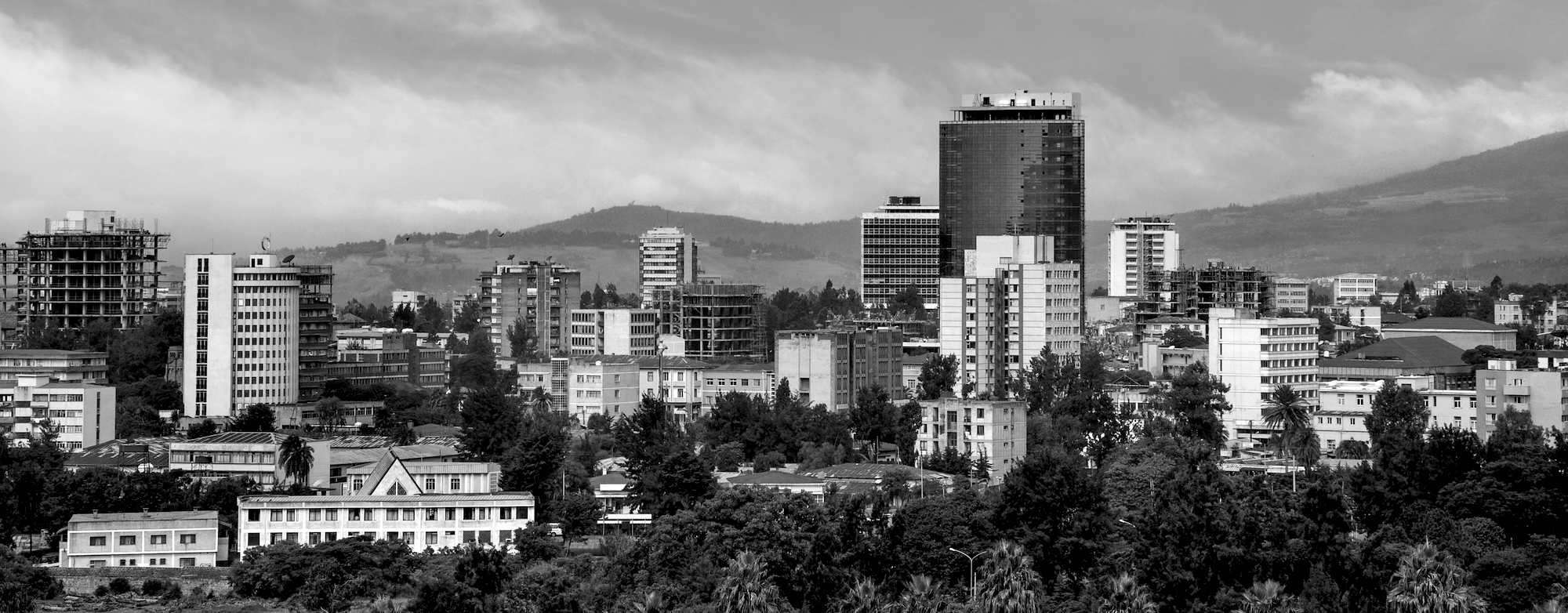Ghana aims to become a “learning nation” in order to accelerate its development trajectory. The goal, rooted in the country’s Education Strategic Plan 2018–2030, is to equip young people with the requisite knowledge, skills and values to become functional and productive citizens for national development.
Forty percent of Ghana’s population is under the age of 15, and equipping these children with foundational skills is absolutely critical to delivering a demographic dividend for the country. After introducing free secondary school in 2017, the Ministry of Education turned to reforming primary education, with the ambition of having 70% of primary school students proficient in literacy and numeracy – up from a 2019 baseline of 16.1% (Maths) and 38.5% (English).
Under Minister of Education Mathew Prempeh, the government first embarked on a major curriculum reform that sought to give every child in Ghana the literacy and numeracy tools necessary to thrive in today’s world. Prempeh’s successor, Minister Yaw Osei Adutwum, identified three additional strategic interventions that together could transform the system, deliver on the sector’s ambitions for children, and serve as a model for the continent:
- Establish a National Education Leadership Institute, which aims to build a cadre of education leaders with the skills to lead, manage, and transform educational institutions.
- Create Communities of Excellence that rally stakeholders and community leaders around interventions to drive better learning outcomes in low-performing communities.
- Revolutionize Education Data Systems to drive better learning outcomes by developing a unified data collection platform.
By 2024, learning proficiency for Primary 4 students had improved to 55.41% (Maths) and 59.73% (English) – a remarkable improvement that still requires considerable focus if the country is to meet its goals.
As the new administration in Ghana decides on next steps to drive learning outcomes to the nation’s target of 70% proficiency, fundamental building blocks are in place: 70% of schools are now using the online Professional Learning Community app; 700 schools have completed their literacy improvement plans through the Communities of Excellence program (which has leveraged a $40 million budget); and 73% of schools are meeting or exceeding performance standards during their regular reviews.
